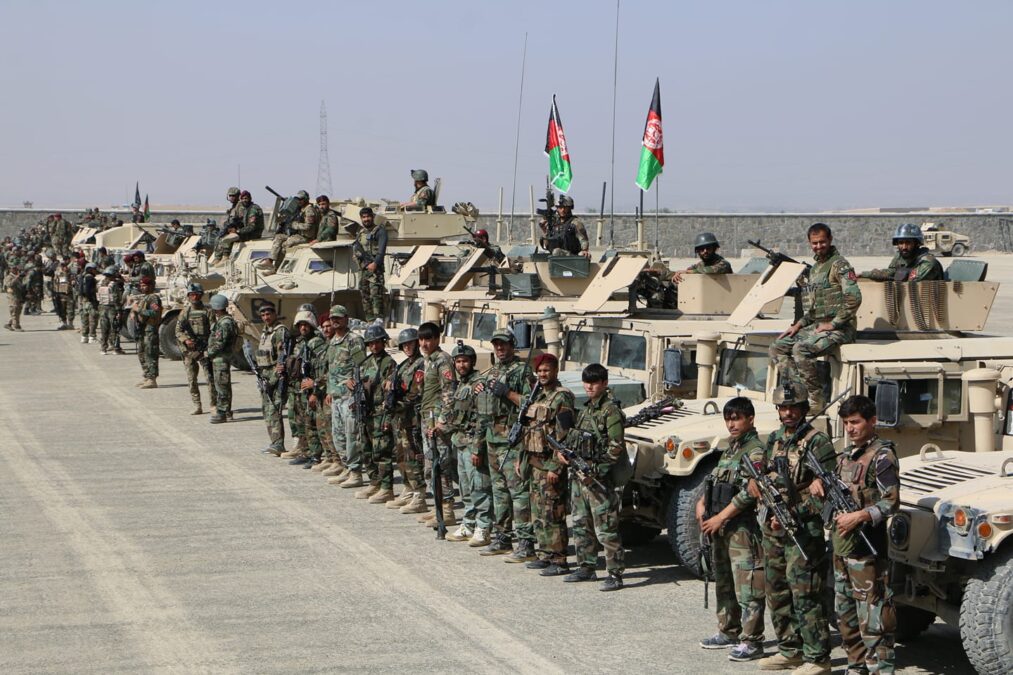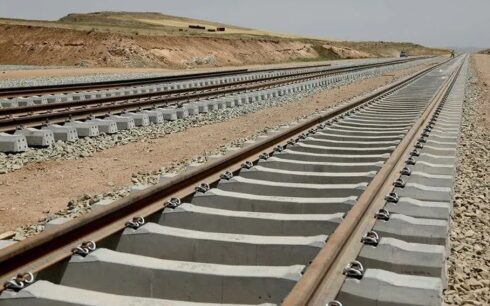The United Nations, in its quarterly report on human rights in Afghanistan, stated that from April 1 to June 30, at least 60 instances of arbitrary arrest and detention of former government employees and soldiers were recorded.
The report also noted at least 10 instances of torture and ill-treatment, verbal threats, and at least five killings of former government employees and soldiers (four by unknown perpetrators and one by the Taliban) during this three-month period.
UNAMA Human Rights said it has received reports of such violations occurring against individuals after they were forcibly returned to Afghanistan, highlighting the continued risk of torture, ill-treatment, and other irreparable harm they face after their return.
Protests in Badakhshan
The United Nations report also documented four protests by residents of the Argo, Darayim, and Khash districts of Badakhshan, three of which took place in May and one in June. At least four protesters were killed by Taliban gunfire.
According to the report, at least 13 other protesters were injured by Taliban gunfire during these protests. The protests were in response to the Taliban’s campaign against poppy fields.
Public punishments
The United Nations’ quarterly report on human rights in Afghanistan indicated that from April 1 to June 30, the Taliban publicly flogged 147 people, including 28 women.
The Taliban continue to implement judicial corporal punishment in public on a regular basis, at times in large groups, the report said, adding that for example, on June 4 in Sar-e-Pul city, 63 people, including 15 women, were publicly flogged by the de facto authorities after being convicted of various crimes, including armed robbery, adultery, running away from home, and pederasty.
Each person was lashed between 15 and 39 times, the report said.
The report highlighted a continuous pattern of corporal punishment by the Taliban, citing an incident on June 4 in Sar-e-Pul province, where 63 people, including 15 women, were publicly flogged.
UN said the update on the human rights situation in Afghanistan covering the period from April to June 20241 is based on monitoring undertaken by UNAMA’s Human Rights Service in accordance with its mandate from the UN Security Council.





